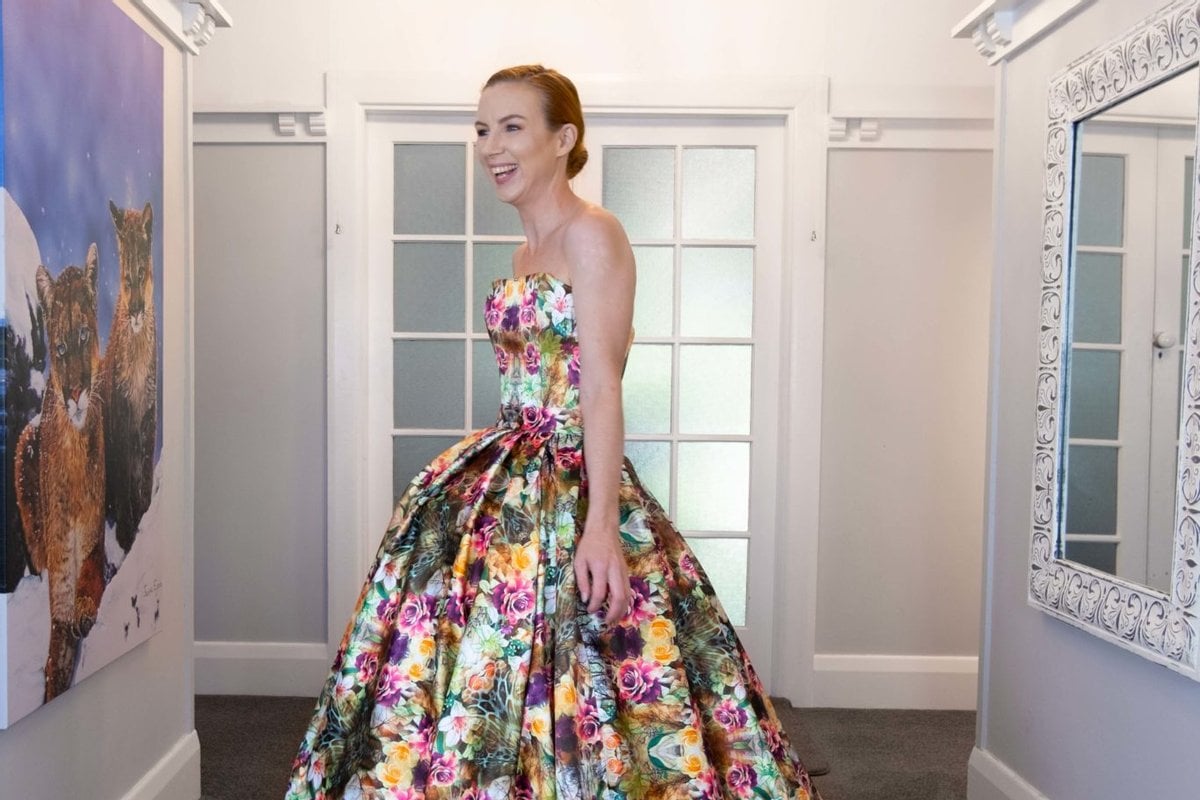
Content warning: This story includes descriptions of child sexual abuse.
Do you know what a trafficking survivor looks like?
If you'd have asked me that question, the first thing that would come to my mind would be those posters on bus stops and social media. You know, those dark moody ones with the children with sad eyes and stories?
Of course, I knew what trafficking was. I'd seen the A21 campaigns and heard stories about women and children who'd been taken from other far-away countries and sold. Those were the only stories I'd heard or read.
It never occurred to me that trafficking could occur in Australia — let alone in my hometown or even to me. That thought just never entered my reality. Until recently.
Watch: Child Sexual Abuse - Why Kids Don't Tell. Post continues below.
One day I was on Google doing more of a dive into trafficking and its definition — out of pure curiosity. Turns out Australia is a known trafficking destination and the definition of trafficking is much broader than what I thought.
Although it can be the stereotypical image of people being taken from other countries, it can occur without ever being kidnapped or stolen. In my search, I came across a sentence that stopped me in my tracks.
